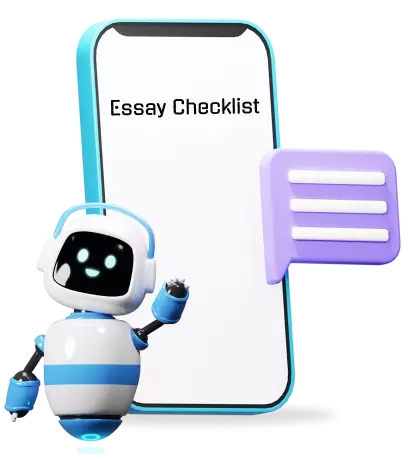
13 min read
Published on: May 5, 2023
Last updated on: May 9, 2023
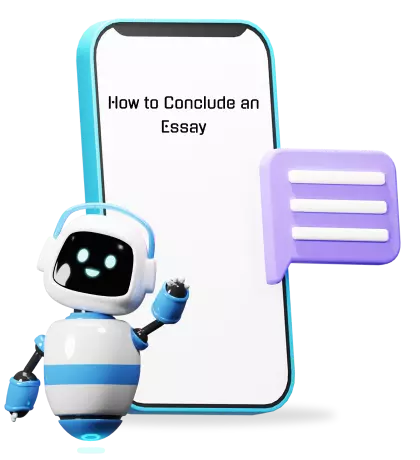
Concluding an essay can be a challenge for many writers. A weak conclusion can leave the reader feeling unsatisfied and detract from the overall impact of the essay.
However, with the right strategies and techniques, anyone can write a strong essay conclusion that leaves a lasting impression on the reader.
In this comprehensive guide, we'll cover everything you need to know about how to conclude an essay.
From summarizing the main points to providing a call to action, we'll provide expert tips and best practices for crafting a compelling conclusion.
So without further ado, let’s get started.
All types of essays end with a concluding paragraph. A strong essay conclusion should include several key components that work together to provide a satisfying ending to the essay.
Here are the essential elements that you should include in your essay conclusion:
Now, let's dive into each of these components in detail to understand how to craft a strong essay conclusion.
One of the key components of a strong essay conclusion is summarizing the main points discussed in the essay.
This provides a quick and concise recap of the key arguments or ideas presented in the body paragraphs, and reinforces their significance.
To effectively summarize the main points of an essay in the conclusion, you should:
Restating the thesis statement in the conclusion is an essential component of a good conclusion. This reminds the reader of the main point of the essay and reinforces its significance.
To effectively restate the thesis statement in the conclusion, you should:
While repeating your thesis statement, you should use different wording than what you used in the introduction. This helps to keep the conclusion fresh and interesting.
The restatement of the thesis statement should be brief and to the point. Avoid adding any new information or arguments in this section.
In restating the thesis, you should emphasize the significance of the main point of the essay. This can help to leave a lasting impression on the reader. Use an AI helper to ensure your thesis restatement effectively conveys the importance of your essay's core message.
Providing a call to action in the essay conclusion is an effective way to encourage the reader to take action or further explore the topic of the essay. A call to action can be a powerful motivator, prompting the reader to think more deeply about the topic or take some kind of action.
To effectively provide a call to action in the essay conclusion, you should:
Identify the Action: First, you need to identify the specific action you want the reader to take. This can be anything from further research on the topic to taking a specific course of action.
Be Specific: It is important to be specific when providing a call to action. Vague or generic calls to action are less effective, so try to be as clear and specific as possible.
Be Persuasive: Use persuasive language to encourage the reader to take action. Provide compelling reasons why they should take action or why it is important.
Keep it Relevant: Make sure that the call to action is relevant to the topic of the essay. If the call to action is too disconnected from the topic, the reader may not be motivated to take action.
Using a memorable statement in the essay conclusion is a powerful way to leave a lasting impression on the reader.
A memorable statement can be a quote, a personal anecdote, or a rhetorical question that leaves the reader thinking about the topic long after they've finished reading.
To effectively use a memorable statement in the essay conclusion, you should:
The memorable statement should be relevant to the topic of the essay and should support the main point of the essay.
Use strong language in the memorable statement to make it impactful and memorable. Use words and phrases that are emotionally charged, memorable, and thought-provoking.
The memorable statement should be linked to the main point of the essay. This reinforces its significance and gives a sense of closure to the reader by seeing it end on a positive note.
One of the best ways to learn how to conclude an essay is by examining effective conclusion paragraphs from different essays. Here are a few examples of how to conclude an essay:
In conclusion, writing a strong essay conclusion is essential to leave a lasting impression on the reader. By summarizing the main points, restating the thesis, and providing a call to action, the conclusion can tie together the entire essay and leave the reader with something to think about.
In conclusion, the book has provided a thought-provoking and engaging read that has left a lasting impression on me. Through the characters, plot, and themes, the author has conveyed important messages and insights that are relevant to our lives today. I highly recommend this book to anyone looking for a thought-provoking and engaging read.
In conclusion, I have learned that my experiences and challenges have shaped who I am today. By reflecting on my past and setting goals for my future, I am confident that I can achieve anything I set my mind to.
In conclusion, attending university has not only provided me with the knowledge and skills to succeed in my career, but it has also allowed me to grow and develop as an individual. I am grateful for the opportunities and experiences that university has provided me and I am excited to see where my future will take me.
In conclusion, college has been a transformative experience for me. I have learned valuable skills and knowledge that will benefit me in my future career, and I have made lifelong connections with my peers and professors. I am grateful for the opportunities and experiences that college has provided me and I am excited to see where my future will take me.
In conclusion, I believe that I am the best candidate for this scholarship because of my dedication, passion, and commitment to achieving my goals. With this scholarship, I will be able to pursue my dreams and make a positive impact in my community. Thank you for considering my application.
Expert Tip
Check out some more essay examples to see how the experts conclude their essays.
Writing a strong conclusion requires more than simply summarizing the implications of your arguments. There should be a careful consideration of what to include and what to avoid in writing a conclusion.
Given below are some common mistakes to avoid while concluding an essay:
The essay conclusion should not introduce new information or topic sentences. The conclusion is the time to carefully summarize and reinforce the main points and arguments presented in the essay.
The essay conclusion should not repeat information that has already been presented in the essay. This can make the conclusion feel redundant and unnecessary.
The essay conclusion should not be too vague. The language and ideas presented should be clear and specific, so the reader understands the main points and arguments presented in the essay.
The essay conclusion should not be too long. The conclusion should be concise and to the point, focusing on the key ideas and arguments presented in the essay.
The essay conclusion should not rely on clichés or overused phrases. This can weaken the impact of the conclusion and make it feel unoriginal.
By avoiding these mistakes, you can craft an effective essay conclusion that reinforces the main arguments presented in the essay.
Watch this video below for more information about how to conclude an essay.
In conclusion, writing a compelling essay conclusion is an important skill that can take your writing to the next level. Try our AI essay writer for optimal conclusion paragraph outputs.
Above all, by following the tips and techniques outlined in this blog post, you can create a powerful and impactful conclusion that leaves a lasting impression on the reader.

WRITTEN BY
Cathy A. (Mass Communication, Education)
Cathy is a highly dedicated author who has been writing for the platform for over five years. With a Master's degree in Mass Communication, she is well-versed in various forms of writing such as articles, press releases, blog posts, and whitepapers. As an essay writing guide author at PerfectEssayWriter.ai, she has been helping students and professionals improve their writing skills by offering practical tips on research, citation, sentence structure, and style.
Cathy is a highly dedicated author who has been writing for the platform for over five years. With a Master's degree in Mass Communication, she is well-versed in various forms of writing such as articles, press releases, blog posts, and whitepapers. As an essay writing guide author at PerfectEssayWriter.ai, she has been helping students and professionals improve their writing skills by offering practical tips on research, citation, sentence structure, and style.
On This Page On This Page
Share this article
Essay Structure
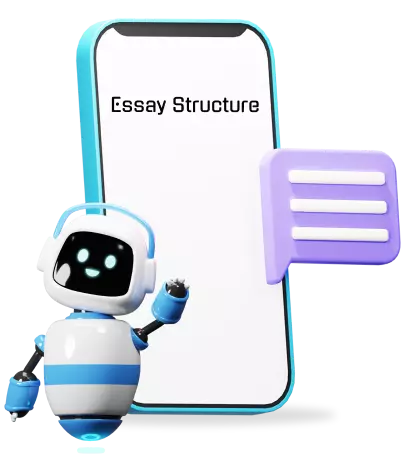
Essay Topics
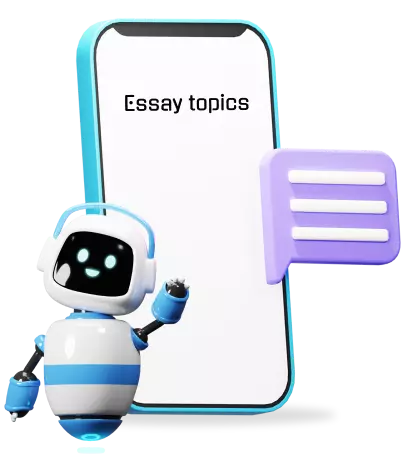
Essay Outline
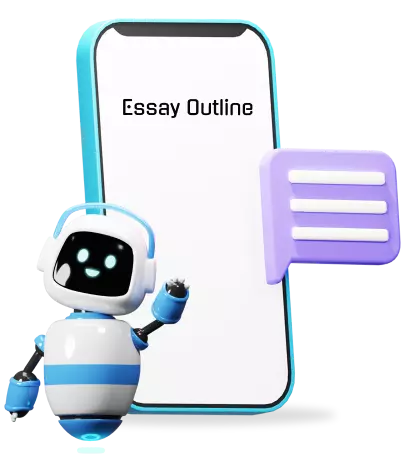
Essay Introduction
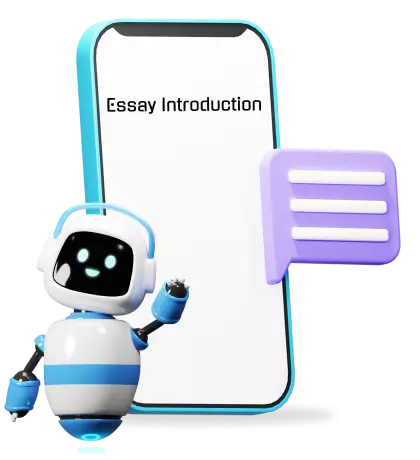
Thesis Statement
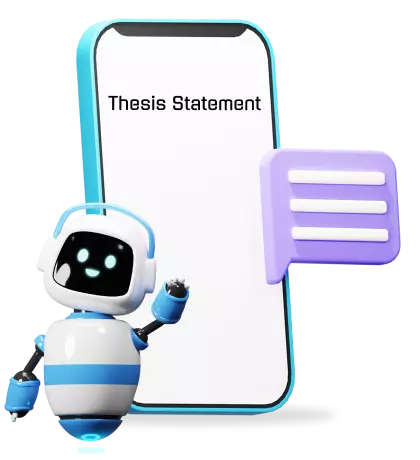
Thesis Statement Example
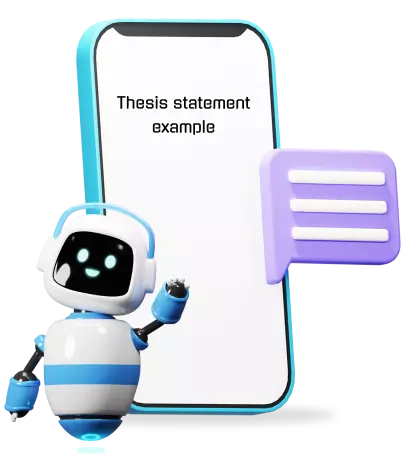
How To Write A Body Paragraph
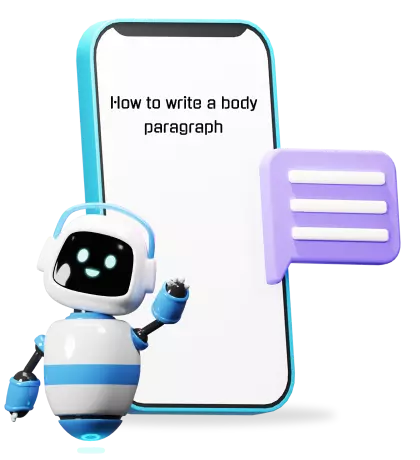
How to Revise an Essay
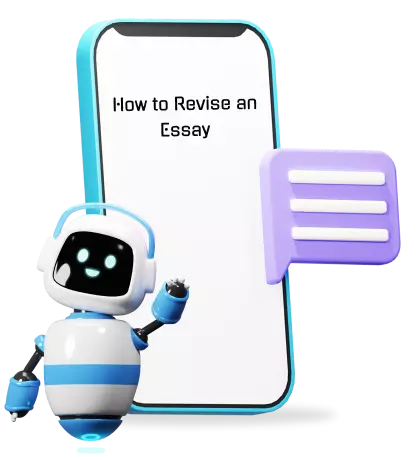
Essay Examples
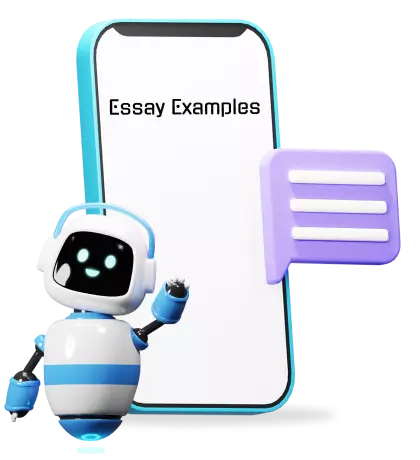
Types of essays
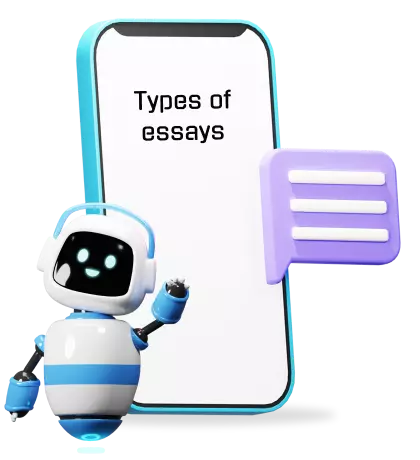
How Long is an Essay
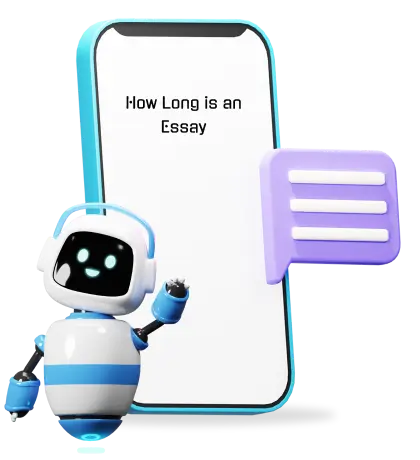
Essay Checklist
